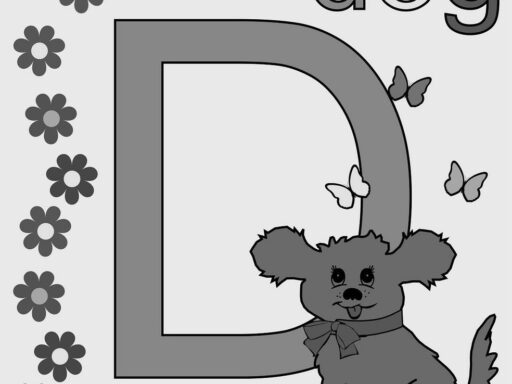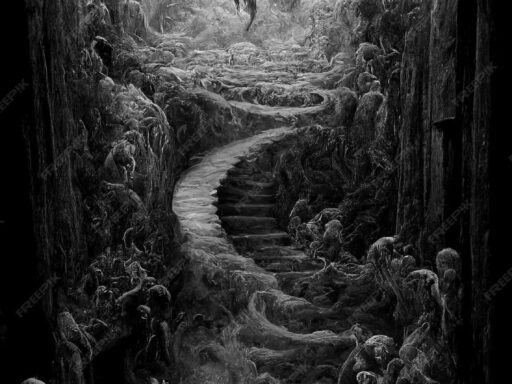Emperor Hirohito’s culpability for Japan’s actions during World War II is a complex and debated topic. He held a unique constitutional position, blending symbolic and practical power, making his responsibility difficult to compare directly with dictators like Hitler, Mussolini, or military leaders like Tojo. While Hirohito was the face of the Japanese state, his actual control over military and government decisions was limited but not negligible.
Hirohito was Japan’s constitutional monarch, officially head of state under the Meiji Constitution. His power spanned symbolic authority and some direct influence, especially in military matters. However, historians debate the extent of this influence.
Unlike Hitler or Mussolini, who exercised autocratic control over their regimes, Hirohito operated in a system dominated by militarist factions and civilian politicians. The Japanese military pursued aggressive expansion independently at times. Prime Minister Tojo, a prominent military leader, executed much of the war effort’s planning and direction.
Sources from the AskHistorians community and scholarly research like Herbert Bix’s Hirohito and the Making of Modern Japan suggest Hirohito played an active role in approving major military operations. He attended war meetings and authorized decisions, indicating he held more than a purely ceremonial role. He was aware of atrocities such as those committed by Unit 731, although the degree to which he authorized or actively condoned such acts remains disputed.
Hirohito’s responsibility contrasts with leaders like Tojo, who had executive power, and Hitler, who dictated the Nazi regime’s policies and crimes. The Emperor did not engage in direct military command but sanctioned the military leadership’s campaigns. His failure to publicly oppose or restrain militarism implicates him to some extent in Japan’s wartime crimes.
After Japan’s defeat, Hirohito was not tried as a war criminal, primarily due to Allied decisions aiming to maintain stability in postwar Japan. General MacArthur saw the Emperor as a unifying figure who could aid Japan’s peaceful reconstruction.
- Hirohito held constitutional authority but not absolute power like Hitler or Mussolini.
- He was informed and approved of military actions, sharing some responsibility.
- He did not have total control over Japan’s militarism but did not restrain it.
- Unlike Tojo, Hirohito was never legally prosecuted for war crimes.
- Historians debate his culpability, but most agree he was complicit to some degree.

